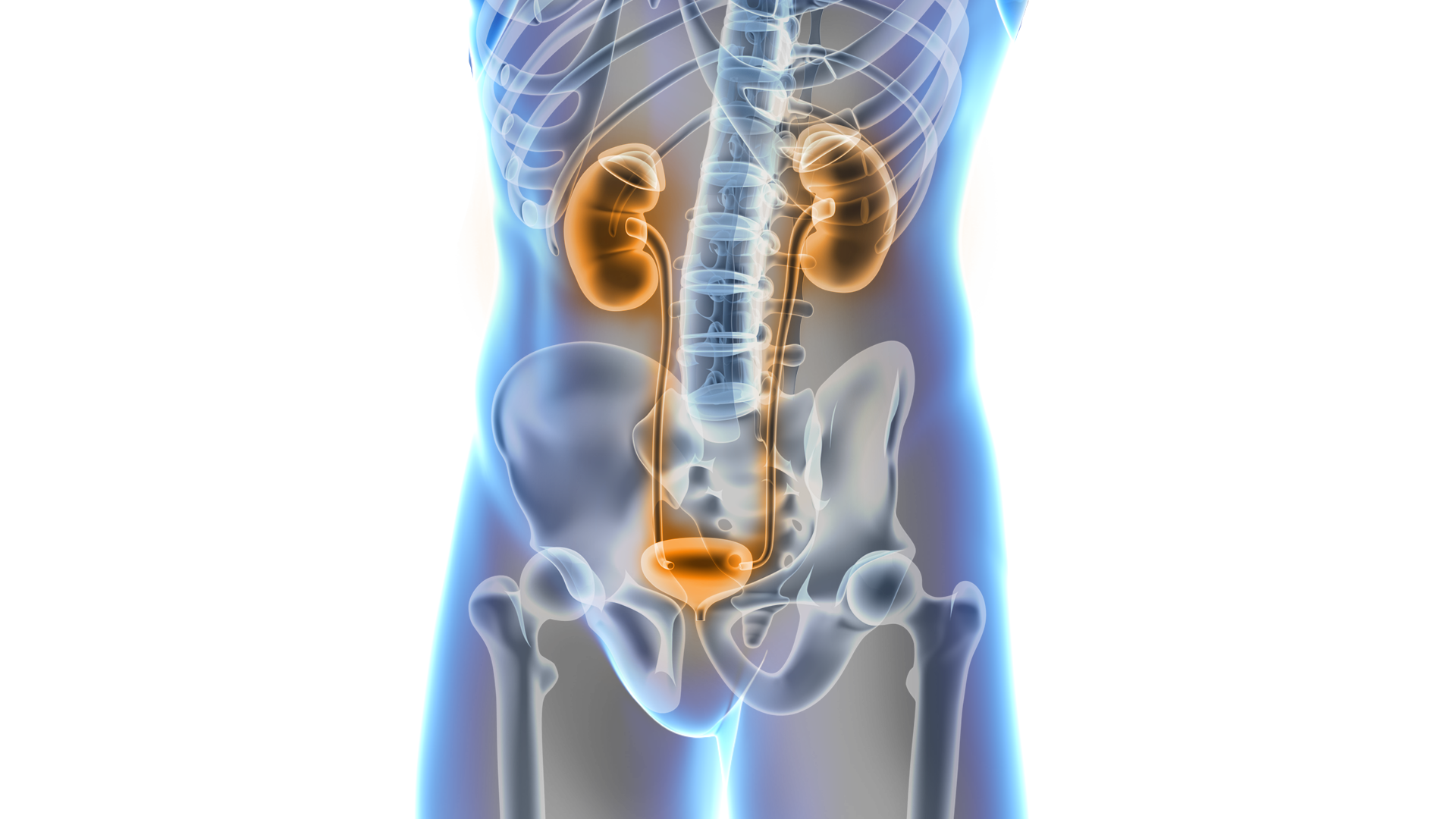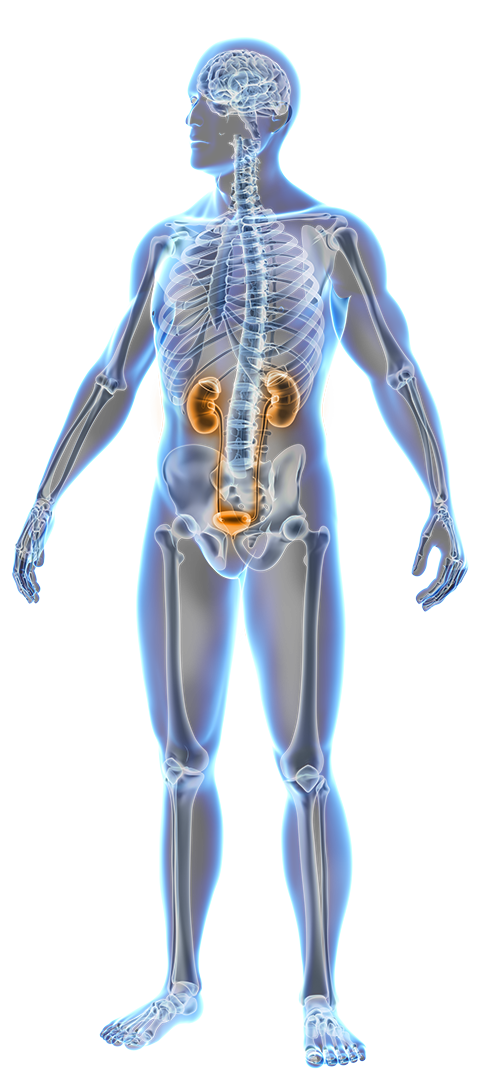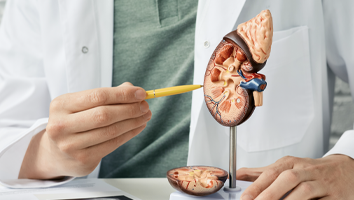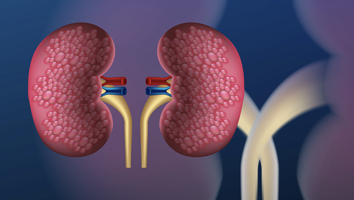Uro Care
Your kidneys and urinary tract are the unsung heroes of your body's health. Cherish them by staying hydrated and adopting a balanced, low-sodium diet to prevent troublesome kidney stones. Remember, you have the power to protect these vital organs. In cases of obstructions, know that modern treatments offer hope and relief. Embrace a journey towards better kidney and urinary tract health, and let it pave the way to a life filled with comfort and vitality.










